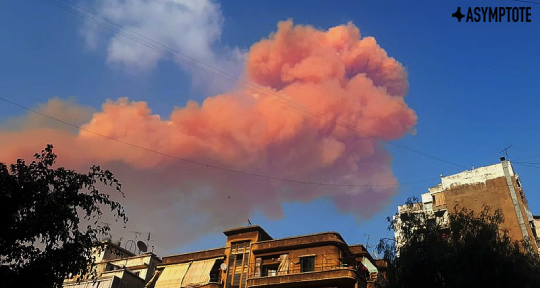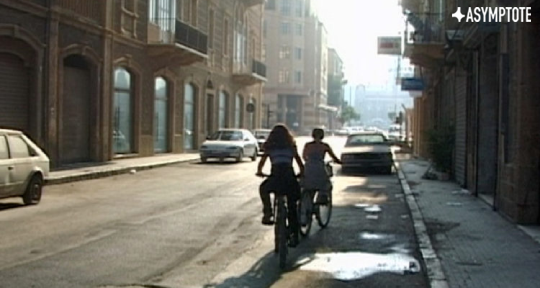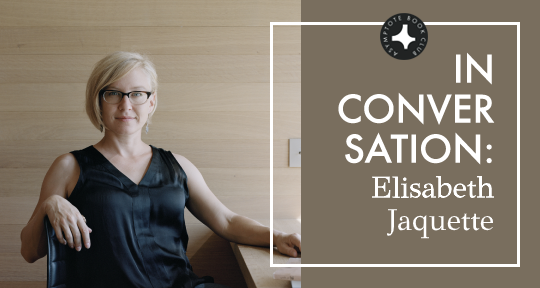This week our writers bring you exciting news from Argentina, Japan, and Palestine! In Argentina, the legalization of abortion has been celebrated and supported by many, including renowned feminist writer Nora Domínguez; in Japan, leading women writers and their translators will be in conversation for the Japan Foundation New York, whilst translator Yukiko Konosu shared her recommended new reads from Japan, including Rin Usami; and in Palestine, four great new works of Palestine literature are soon to be published in English. Read on to find out more!
Allison Braden, Editor-at-Large, reporting from Argentina
Two days before 2020 slid into history and memory, an anxious crowd gathered outside Argentina’s Congress in Buenos Aires. They watched the Senate debate on big screens and the summer heat dissipated as day turned into night, Tuesday turned into Wednesday. Many—though not all—of those who stood outside wore green scarves, the symbol of a yearlong movement to legalize abortion in the historically conservative country. In the small hours of Wednesday morning, after a long and suspenseful Senate session, they found out that their work had paid off: Congress legalized voluntary abortion through the fourteenth week of pregnancy.
Several of the pro-choice activists who advocated for this major legislation were writers. The day before the senators took up the bill, a collection of Argentina’s most notable writers, including Claudia Piñeiro, Florencia Abbate, Agustina Bazterrica, and Gabriela Saidon, released a statement and video expressing their support. “The green wave puts an end to hypocrisies, inequalities, injustices and replaces a long dark violence with dignity,” they wrote. “Like the deep and living heartbeat of the sea, it instills in us a pulse to continue fighting.”
Nora Domínguez was among the writers who endorsed the statement. She’s one of three directors of an ambitious project to publish the history of Argentina’s literature through a feminist lens. The first of six volumes, En la intemperie: poéticas de la fragilidad y la revuelta (In the Open: Poetics of Fragility and Revolt) was published by Eduvim late last year, but it’s chronologically the last in the series, focusing on the period between 1990 and 2019. The work features a collection of analysis and criticism from Argentina’s leading feminist thinkers—part of the project’s larger effort to give form to “certain absences, not to build a counter-canon but rather to provoke detours, scandalous stops, fissures, divisions, and contradictions” in the existing canon. In a December interview, Domínguez confirmed that Argentina has experienced a boom in recent years of new voices in the country’s literature, not just women but trans writers and young people as well. This century’s feminism is a culmination of both feminist and literary genealogies. The work to interrogate and revise a patriarchal canon and the work to advocate for laws that respect women’s autonomy go hand in hand. READ MORE…








